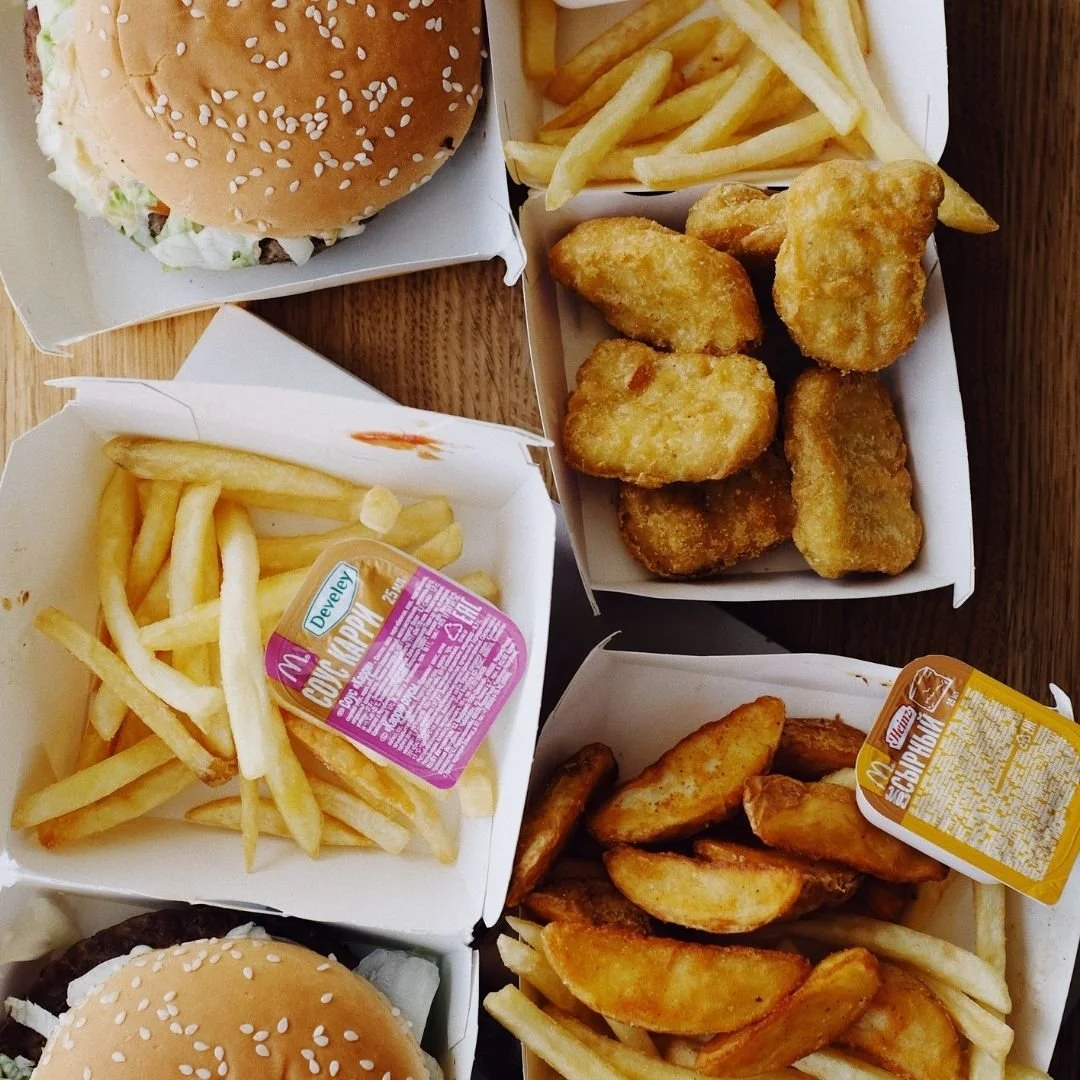Depression and Eating: Too much or too little
Depression: we most often associate this work with symptoms of sadness, lack of energy and joy in life, but did you know that depression may also be impacting your eating patterns?
There is it’s not enough data to create a distinct cause-and-effect relationship between depression and eating related concerns; however, there is a high frequency of eating and attire changes correlated with depression symptoms The set of symptoms too, comes down to Age old question: “which comes first?”
Those who suffer from obesity and binge eating concerns are reported to have higher rates of depression, though it is not clear if obesity may play a role in depression development or visa versa. Similarly, those who struggle with anorexia and other disordered eating patters connected to limiting food intake are also noted to have increased rates of depression symptoms. (1)
Overeating as a symptom of depression:
When it comes to overeating as a symptom of depression, the research validates what many people report as a part of their personal experience. Researchers report that depression is correlated with higher fat diets, overeating and increased stress (2)
The reason for the connection between over eating and depression makes a lot of sense when we dive a little bit deeper. Food can have impact on positive feeling states and temporary positive experiences. When connected to depression, which is typically associated with feelings of sadness, lack of enjoyment and other feelings associated with more negative experiences, the connection makes a lot of sense. Here is what the research says:
Food and even the smell of certain foods can be associated with positive memories and bring about temporary positive feeling states. (3)
Eating can be linked to the reward center of the brain and produce dopamine. Dopamine can bring temporary relief to depressive symptoms, and
With time, dopamine producing activities can develop into addictive behavioral patters that continue with little control or moderation. (4)
So depression and overeating make a lot of sense when we think about the brain science connect, but why is under eating also a symptoms of depression?
So what about depression and under eating?
For a select group of people, loss of appetite or weight loss is one of the first signs of depression onset. This can occurs for several reasons:
Changes in the chemical balances of the brain may co tribute to feelings of fullness or reduced hunger. (5)
Loss of enjoyment in activities and withdrawal from people and social engagement may alter eating habits and even foods that were previously exciting and enjoyable may feel less satisfying. (6)
There is also a strong correlation between depression symptoms and true diagnosable eating disorders and clinically significant food restrictions. (7)
Treatment for depression and over and under eating
It is important to note, for a certain portion of the population, specialized treatment for clinically significant eating disorders and addiction behaviors will be required for the resolution and appropriate treatment management of these specific concerns, but for those struggling with over or under eating as a symptom of depression, here are a some options for addressing depression and eating related concerns.
There are things that can help treat depression and eating related concerns:
Behavioral modification: Thing like creating a schedule for food consumption, meal planning, tracking food intake, exercise, and accountability can all be practical first steps to managing depression based under or over eating.
Therapy:
Our thoughts and mental wellbeing have a major impact on our eating habits, the way that we think about food and depression symptoms. Trained depression therapist can work with those struggling with depression to address thought pattern, increase regulation skills and improve the way that we things and interact with food.
Medical interventions: Seeking help from a doctor may also be an important step as medical doctors can rule out any potential underlying causes of the depression or eating concerns, assist in medication management if needed and track any potential psychological concerns associated with the individual symptoms. Food does have a major impact on our physical health, so this can be of particular importance for those with profound eating rated concerns.
If depression therapy is a part of your journey to managing your depression symptoms, we are here to help. We offer quality depression therapy service through online therapy and in person therapy at our Arlington, TX based therapy group.
Learn more about mental health resources for depression treatment:
Could Burnout be Contributing to your Depression?
Is Working from Home making me Depressed?
Can a Pet Help Improve Depression?
How to Manage Depression through Job Loss
Tips for Optimizing Your Living Space to Improve Depression
What is Treatment-Resistant Depression?



